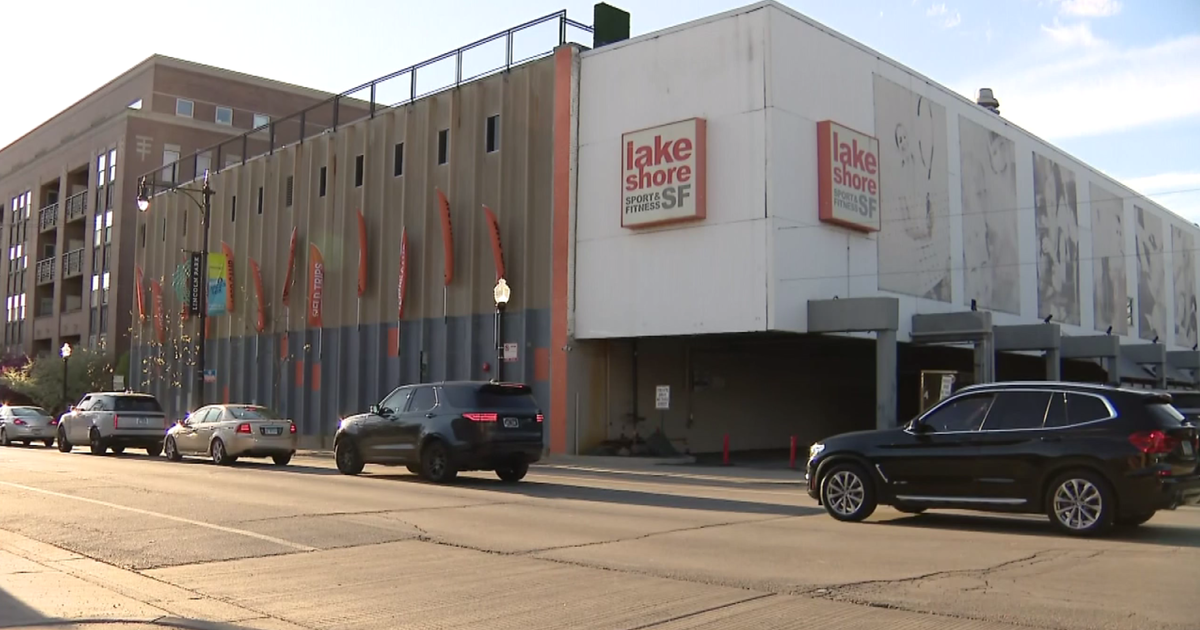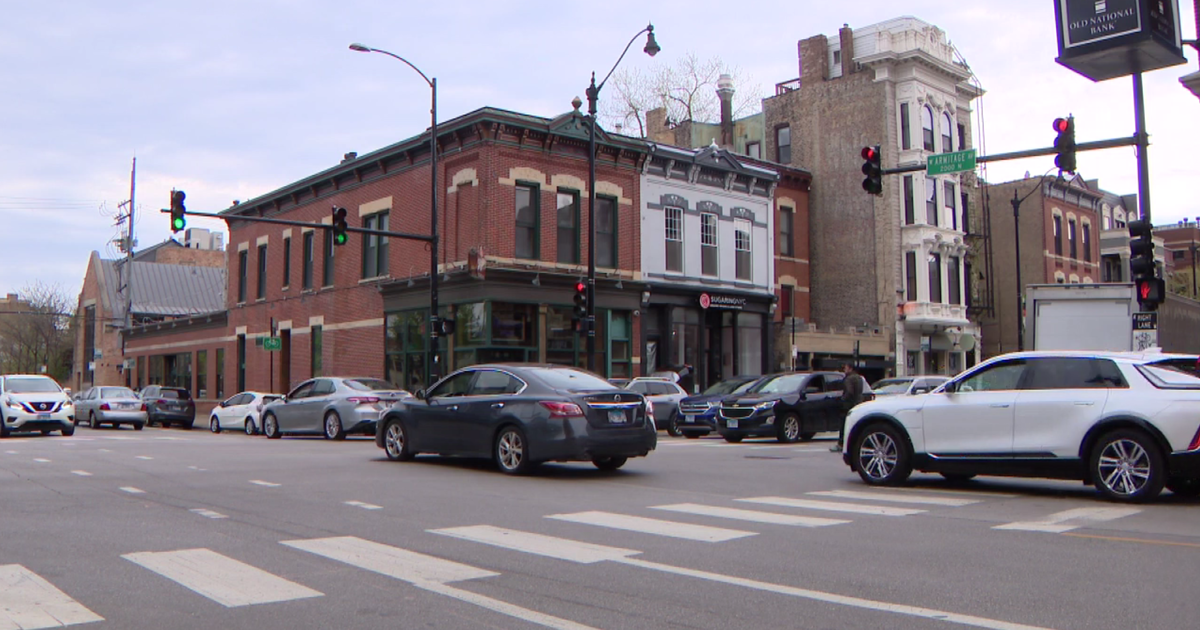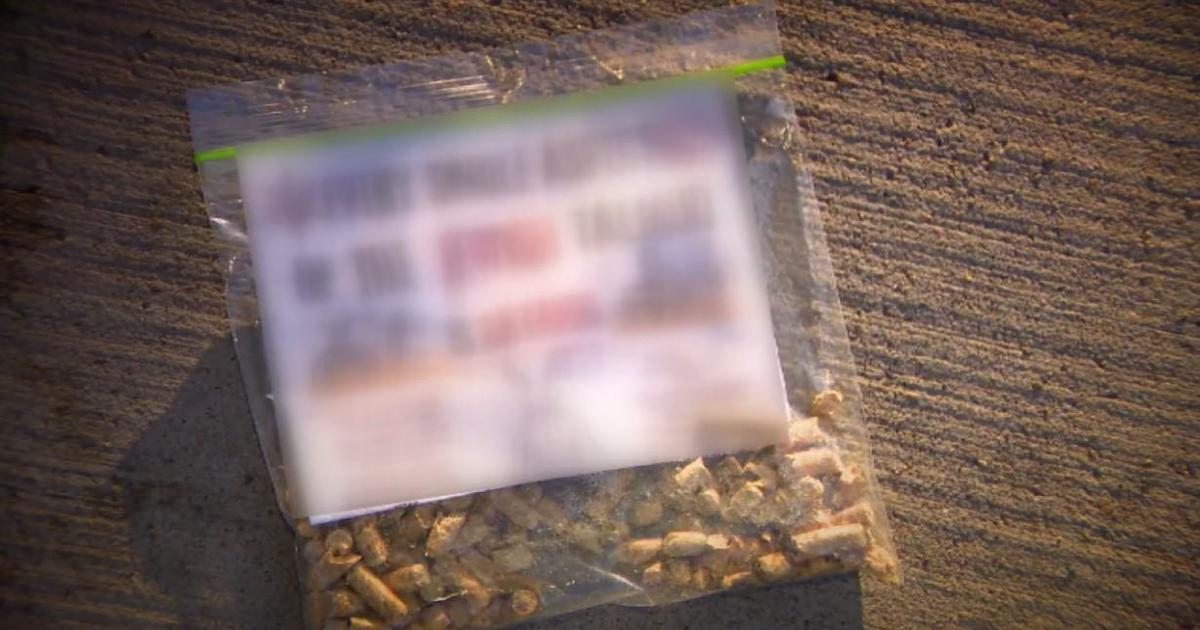Survey: Densely-Populated Areas Have Most Rats
CHICAGO (CBS) - A new survey by a pest control manufacturer indicates that the city's most densely-populated neighborhoods are also the "rattiest."
Pest control manufacturer d-Con released a poll this week, listing neighborhoods that are "perceived" to have the greatest problem with rat infestation. The survey does not appear to be based upon an actual count of rats found in any of the neighborhoods.
The participants in the survey were polled about how often they saw rodents in their homes and neighborhoods.
The downtown Loop topped the list, topping the list of "ratty" neighborhoods for 43 percent of respondents. Following the Loop in order were the South Loop, Lakeview/Wrigleyville, Lincoln Park, the West Loop, Logan Square/Bucktown (listed as one neighborhood), Rogers Park, Old Town, Hyde Park/Kenwood, Uptown, Ukrainian Village, the Gold Coast/River North (also listed as one neighborhood), Wicker Park, Streeterville, Buena Park (listed separately from Uptown), Edgewater, Andersonville, Roscoe Village/St. Ben's, Ravenswood, North Center, and Lincoln Square.
The survey did not indicate the boundaries it used for the neighborhoods it listed, and how certain communities were differentiated, such as "North Center" from "Roscoe Village/St. Ben's."
Executives at d-Con said rat infestation is a problem that should not be taken lightly.
"Bed bugs have led the headlines this year, but rat infestations are a problem Chicagoans have endured for decades and are still battling today," d-Con brand manager Raj Jain said in a news release. "Since October is Rodent Prevention Month, the goal of this survey was to determine the neighborhoods Chicago residents deemed the 'rattiest' and how people react to finding these unwanted household pests in their homes."
The City of Chicago has made numerous efforts over the years to combat against rat infestation. Decades ago, the city replaced the 55-gallon drums once used for trash disposal with heavy-duty plastic carts that are kept tightly shut with lids.
City crews have also placed rat poison at strategic locations in alleys, and "with less available food (thanks to the sealed garbage cans), rats are more likely to seek out and eat our rodenticide," the city Department of Streets and Sanitation's Bureau of Rodent Control said.
"These free carts, combined with the rodenticide we strategically place deep inside a rat's burrow, are the key reasons for the decline of rats in our city," the bureau said. "If rats can't feed, rats can't breed."



